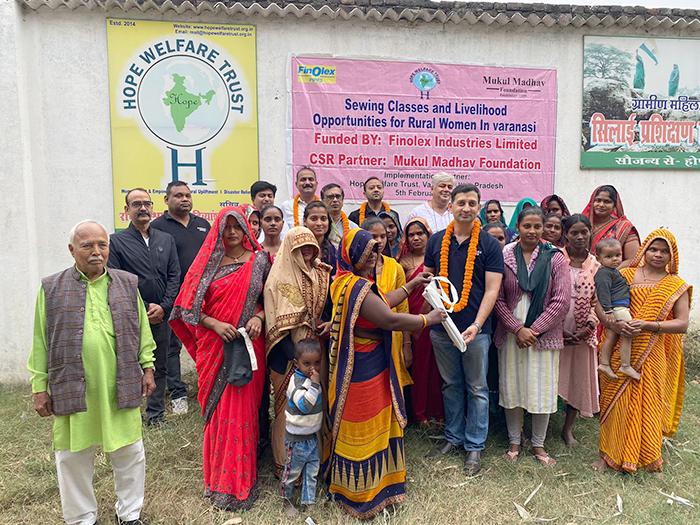Empowering Women Through Education: The Role of NGOs in India

In India, the barriers to education faced by women are profound, deeply rooted in societal norms and economic challenges. Despite the significant progress made in recent years, millions of girls continue to be denied their right to education. NGOs for women rights play a crucial role in addressing these issues by implementing programs designed to empower women through education. By focusing on both access and quality of education, these organizations are helping to transform lives and communities.
Scholarship Programs
Many education NGOs in India offer scholarship programs aimed at supporting girls from economically disadvantaged backgrounds. Financial constraints often prevent families from investing in their daughters' education, leading to high dropout rates. By providing scholarships, these NGOs alleviate the financial burden, allowing families to prioritize their daughters’ education. Scholarships can cover tuition fees, school supplies, and transportation costs, making it easier for girls to attend school.
Skill Development Initiatives
Beyond formal education, many NGOs for women focus on skill development. Vocational training programs provide women with practical skills that can lead to employment opportunities. These programs often include training in areas such as sewing, computer skills, and entrepreneurship. By equipping women with marketable skills, education NGOs empower them to become self-sufficient and financially independent. This not only improves individual lives but also positively impacts their families and communities.
Awareness Campaigns
Education NGOs in India also engage in awareness campaigns that emphasize the importance of girls’ education. They work closely with communities to challenge cultural norms that prioritize boys’ education over girls’. By engaging parents and community leaders, these organizations foster a culture that values and supports girls' education. These efforts help change perceptions and encourage families to invest in their daughters' future.
Mentorship and Support
Mentorship programs offered by education NGOs are another valuable resource for women. Many organizations connect young girls with mentors who can guide them through their educational journeys. These mentors provide support, encouragement, and advice, helping girls navigate challenges and build confidence. This support system is crucial, as it fosters a sense of belonging and encourages persistence in the face of adversity.
Conclusion
In conclusion, education NGOs in India are instrumental in empowering women through education. Their multifaceted approach—offering scholarships, vocational training, awareness campaigns, and mentorship—addresses the barriers women face and creates opportunities for growth and development. By investing in women’s education, these NGOs not only uplift individuals but also contribute to building a more equitable society. As more women gain access to education and opportunities, the potential for positive change in communities and the nation as a whole increases significantly.






Comments